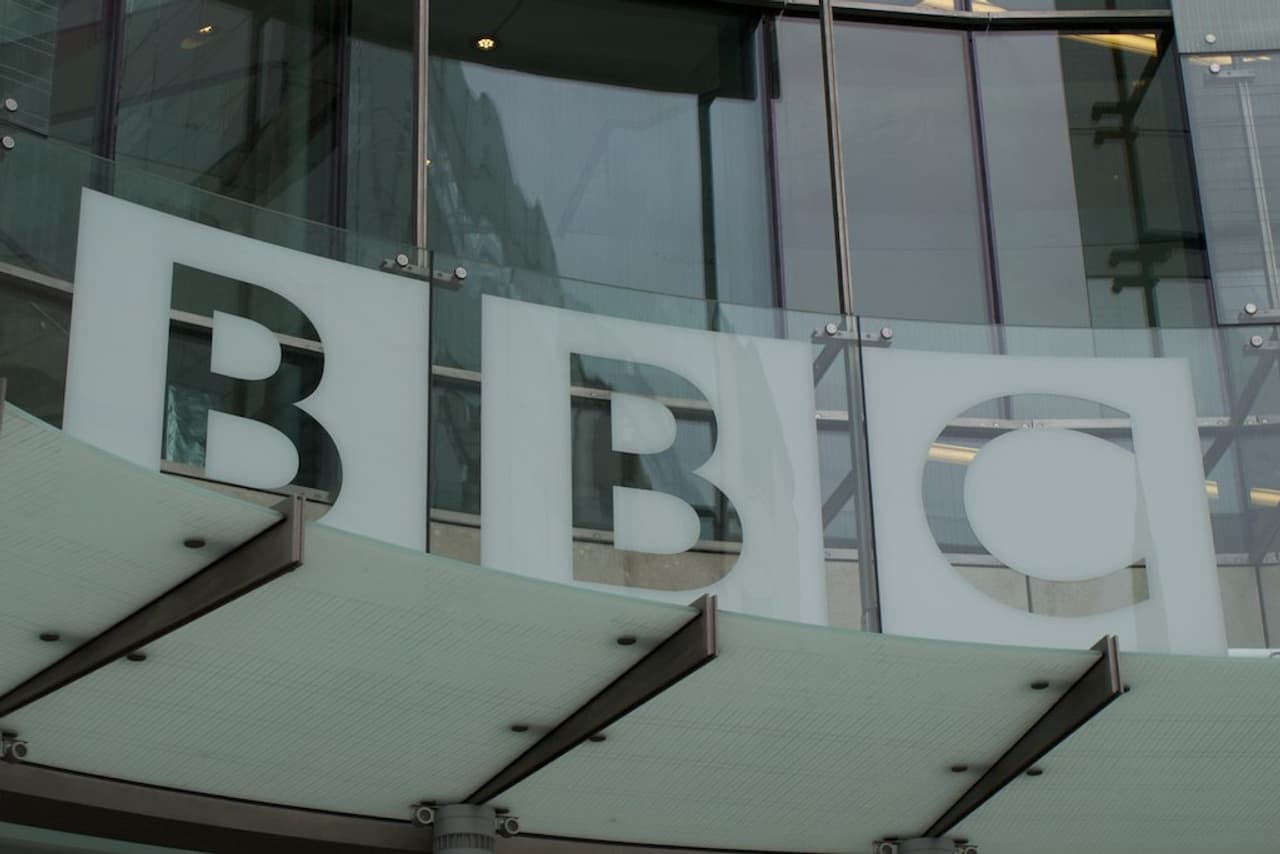
Analysis: BBC should reveal more about top pay
Last year the BBC paid 19 of its top stars more than £500,000 each.
In an age of austerity and cuts, high salaries at the top of the BBC can no longer be tolerated. And so it was no surprise that the new chairman of the BBC Trust has promised that pay for senior staff at the corporation will continue to fall.
Talking this week on BBC’s HardTalk Lord Patten said that future leaders of the broadcaster would not be paid as much as the £779,000 earned by the current director general Mark Thompson. Patten also promised to ‘bear down’ on other executive pay.
Cutting at the top
This is clearly good news for the taxpayer and should be applauded, as should the cuts already made to management pay at the top of our public broadcaster.
But this touches on only a handful of the fat salaries paid out by the BBC.
Last year the Bureau published an exhaustive database of senior pay across the entire public sector. It revealed that more than nine of the top 20 most highly paid civil servants were employed by the Beeb.
Those in the top pay bracket included Thompson as well as the director of audio and music, who was paid £452,000 and the director of future media and technology on £407,000. Those who appeared were all members of the BBC’s senior management team.
But our survey was unable to include the salaries of the many highly paid presenters and other celebrities on the corporation’s payroll, because our Freedom of Information request for these details was turned down.
Other public bodies including hospitals, regulators, the civil service and even similarly semi-autonomous bodies such as universities provided a transparent breakdown of all salaries paid out over £100,000. They clearly felt they were able to provide this information without jeopardising the privacy of their individual employees.
Revealing top pay
Earlier this year, under increased public pressure, the BBC changed its stance and revealed for the first time that 19 radio and TV stars were paid more than £500,000. This was reported as two fewer than the year before.
The BBC’s annual report, which revealed the details of payouts to ‘talent’, also reported that the total paid to stars earning more than £1m was £14.6m, a 14% reduction on the previous year.
It was the first glimpse of the riches handed out to those that dominate our TV screen, and the BBC did all it could to broadcast the fact that it had opened up on this controversial subject.
But for many it was and is not enough.
Most public sector bodies now publish all salaries paid out at the top in bands of £5,000. And even the former BBC Trust chairman, Sir Michael Lyons had asked the corporation to follow the recommendation of the Culture, Media and Sport Select Committee and publish a breakdown of salaries within small bandings.
Lyons had wanted a disclosure of salaries broken into three groupings – £1m to £5m, £750,000 to £999,999 and £500,000 to £749,000.
The BBC receives more than £3.5bn a year through the license fee, and with this comes responsibilities. Full transparency of how this money is spent should surely be part of the deal.




